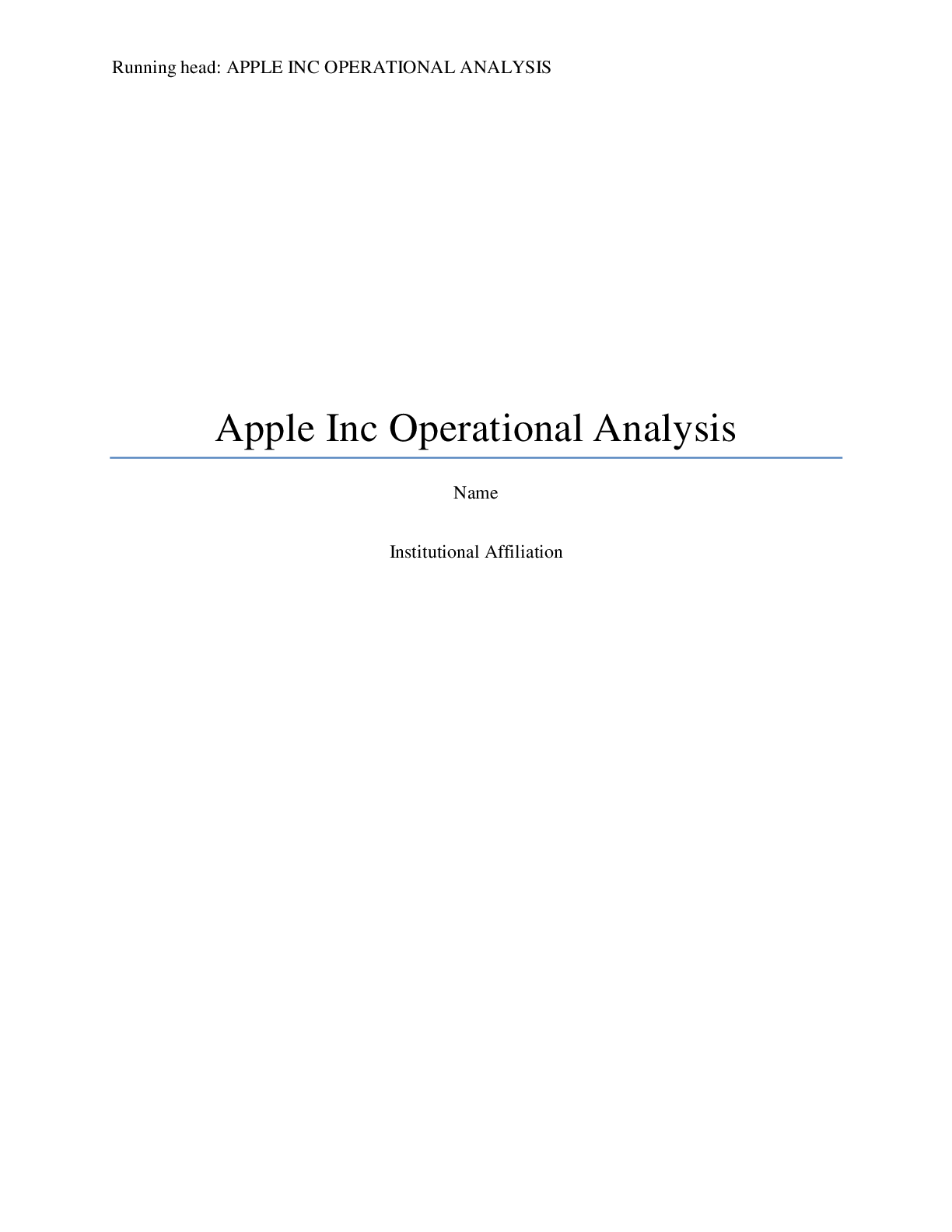Critical Thinking > Report > Youth and Social Policy in the United Kingdom (All)
Youth and Social Policy in the United Kingdom
Document Content and Description Below
Guidance for Young People and Social Change, Assignment 2 Summative Assignment 2 - Instructions Word Length: 2000 words Title: Youth policy: a critical assessment. Description: This assignme... nt requires you to identify and critically evaluate how youth and young people are represented in a given policy text. You will select a relevant policy text for critical analysis. In your critique, you should clearly address two main questions: • How does the policy represent ‘youth’? • How does the policy shape youth through educational institutions or practices? You will be given a list of four policy texts associated with different ways of knowing children or young people. The texts will be made available on Canvas. You will choose one of these texts to be the focus of your assignment. In addressing these questions in your assignment, remember that it is vital to critically evaluate the policy texts, as per the assignment description. You should avoid simply describing the policy text. In developing your critique, it may help you to consider the following three themes: 1. the understanding of youth in the policy, 2. sociological perspectives on youth, policy and power, 3. a critical assessment of the policy In writing your assignment you should draw on module content and your own research. For your research you may wish to examine academic research addressing the policy area, related policy texts, and public discussion of the policy covered in the media. Help developing your critique… Below there is a longer list of questions, some of which you may find it helpful to think about as you consider how to respond to the policy text. This series of questions is only a guide to prompt your thinking and to give you a sense of the markers’ expectations. Elements may be more or less relevant to some of the policy texts. You do not have to answer all of these questions, and it is expected that you will make your own judgements about what to prioritise. To be clear, this is not a guide to structuring your assignment. You are expected to make your own judgements about how to develop your argument. - What is policy and why is it important? o From the sociological literature: How should we understand how policy is produced? What is the relevance of contexts of policy production? How does policy relate to lives of young people and education practitioners? - In what way is this policy important? o From the policy document: What is the policy text saying? What is the policy for? Why was it written? Is there a problem it is trying to solve? Is the policy part of a broader political agenda? Are there other policy documents this text is related to? What groups of people or institutions or places does the policy talk about? Whose lives is it seeking to affect? o From the sociological literature: How does this policy relate to sociological perspectives on social change? How does it relate to considerations of discipline, power, and the ‘making’ of young people? How does it relate to concepts of structure and agency, late modernity, and individualisation? - What does ‘youth’ mean, and how is it measured? o From the sociological literature and wider research: How is youth understood culturally? What are the widespread discourses of youth that might be influencing policy? How are these ways of knowing youth discussed beyond policy, for example in academic debates? Are they controversial? Why are ways of knowing youth important? Notably, what role do they play in ‘making’ or conditioning what youth is rather than just describing it? How is youth conditioned by social structure? How do cultural stories about youth relate to the social structures that shape youth? o From the document: What is the idea of youth, adolescence or young people being used here? What concepts of youth are used? What sources, if any, does the policy text draw on? Are there ways of measuring young people associated with these concepts? Do they involve new tests, or surveys, or other kinds of documented knowledge about young people being produced? How do these specific ways of knowing youth relate to sociological ideas about how youth is ‘made’? - Politics, power and equality o Does the policy or the wider policy agenda involve interventions in the lives of young people? o What are these interventions? What are they meant to achieve? o How might these interventions affect young people? o Who does this policy benefit? Is it fair [Show More]
Last updated: 1 year ago
Preview 1 out of 10 pages

Buy this document to get the full access instantly
Instant Download Access after purchase
Add to cartInstant download
We Accept:

Reviews( 0 )
$16.00
Document information
Connected school, study & course
About the document
Uploaded On
Sep 07, 2020
Number of pages
10
Written in
Additional information
This document has been written for:
Uploaded
Sep 07, 2020
Downloads
0
Views
51








